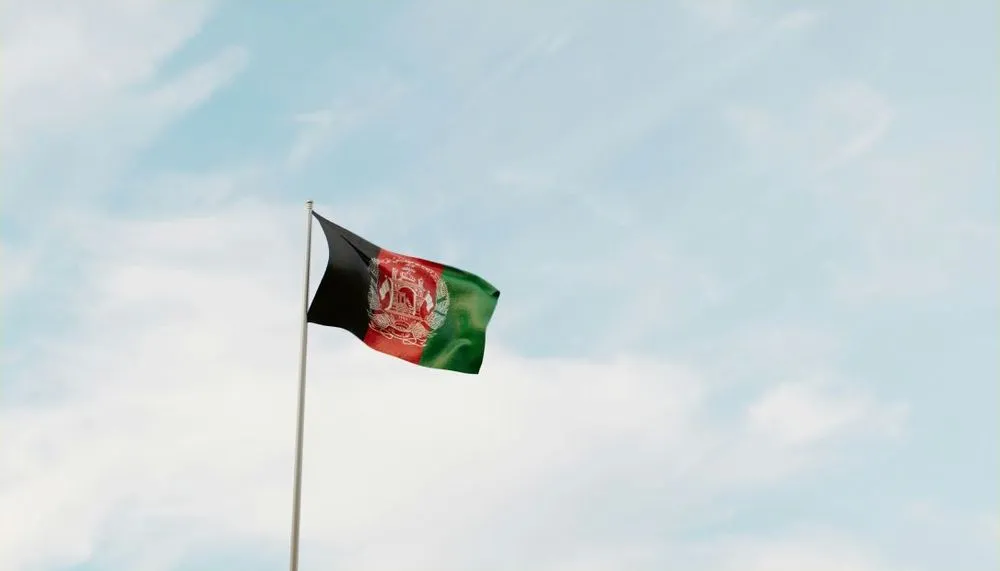Taliban bans fiber-optic internet in several Afghan provinces to curb ‘immorality’
The Taliban’s supreme leader has ordered the shutdown of fiber-optic internet across five northern Afghan provinces, a move critics say will deepen the country’s isolation, damage its economy and further curtail women’s access to education.
Officials in Balkh, one of Afghanistan’s most populous provinces, confirmed earlier this week that internet cables had been disconnected following a “complete ban” issued by Hibatullah Akhundzada, the Taliban’s reclusive leader. Haji Attaullah Zaid, a provincial spokesman, told the Associated Press the restriction was intended “to prevent immorality” and said authorities planned to build a domestic alternative.
The ban, which also extends to Kunduz, Badakhshan, Baghlan and Takhar provinces, marks the first time the Taliban have imposed such a restriction since retaking power in August 2021. Mobile internet remains available, but prepaid cards are costly and connections unreliable, according to local media reports.
NetBlocks, an internet-monitoring service, confirmed a drop in connectivity in Afghanistan, adding that parts of the country are now falling offline.
Rights groups, business leaders and opposition figures condemned the move, warning it would sever Afghanistan’s remaining ties with the outside world.
“This action represents not only a severe restriction on freedom of expression and access to information but also a deliberate attempt to cut off the Afghan people from the world,” said an open letter from an Afghan women’s rights organization. “They are cutting Afghans off from every opportunity for education, progress, and hope.”
For Afghan women, who are already barred from schools and universities, the consequences are especially dire. “Many girls in Afghanistan were secretly learning online. Now, the Taliban cut the internet, and I can no longer teach them,” said Maria Noori, a rights activist. “When girls are denied learning, society’s future is at risk.”
The Afghanistan Media Support Organization echoed those concerns, calling the blackout “a grave threat to freedom of expression and the work of the media.”
Zalmay Khalilzad, the former U.S. ambassador to Afghanistan, said the measure would “damage not only the province’s economy but the country’s prospects as a whole.” He dismissed the justification as “absurd and insulting,” asking: “On what basis does the leadership in Kandahar assume that the good Muslims of Balkh are using the internet for pornography?”
Ali Maisam Nazary, head of foreign relations for the National Resistance Front, the country’s main armed opposition group, called the decision proof of the Taliban’s “era of terror and tyranny.” He urged the international community to empower Afghans “to resist and ultimately defeat this extremism.”
Governments around the world are increasingly using internet restrictions to stifle dissent during political crises and suppress freedom of speech. Earlier this month, Nepal restricted access to 26 platforms — including Facebook, Instagram, WhatsApp, Signal, YouTube and X — triggering violent clashes between young protesters and police.
Daryna Antoniuk
is a reporter for Recorded Future News based in Ukraine. She writes about cybersecurity startups, cyberattacks in Eastern Europe and the state of the cyberwar between Ukraine and Russia. She previously was a tech reporter for Forbes Ukraine. Her work has also been published at Sifted, The Kyiv Independent and The Kyiv Post.



